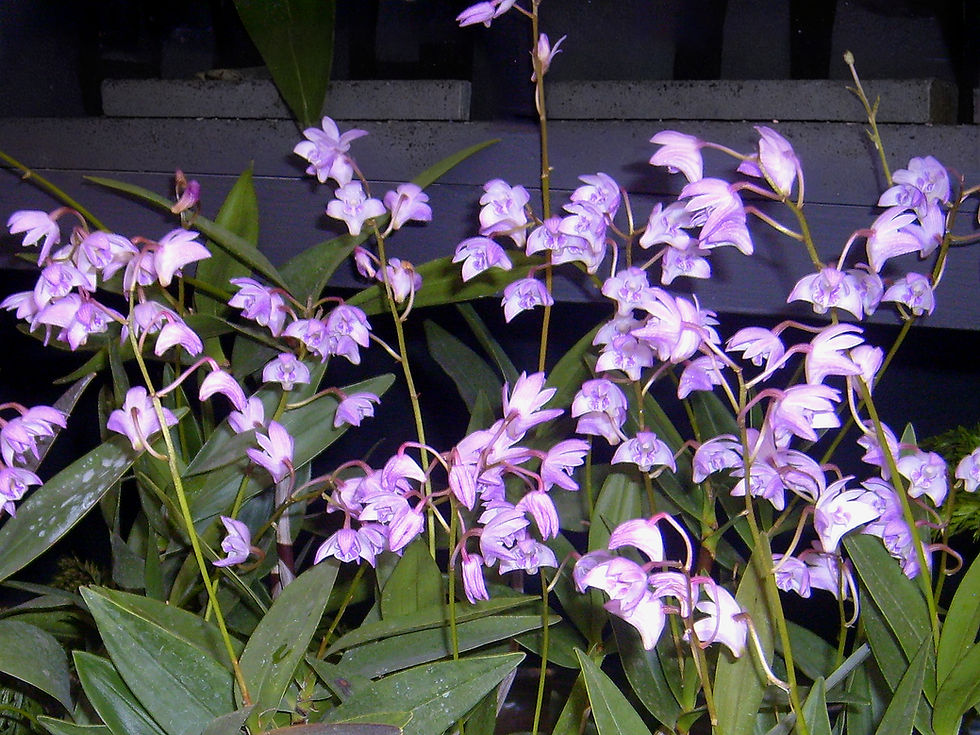Habitat
Anthopterus wardii is native to the montane forests of Ecuador and Colombia, where it occurs on the eastern slopes of the Andes. It typically grows at elevations between 1,500–2,500 m, inhabiting cloud forests and mossy, humid slopes. The species is often epiphytic or terrestrial, rooting among mosses and organic debris in shaded to semi-shaded sites with consistently high humidity.
Description
This evergreen shrub or subshrub reaches a height of 1–2 m, with slender, arching stems. The leaves are elliptic to oblong, measuring 5–12 cm long, with an entire margin and a glossy dark green upper surface. Young stems and petioles may be slightly reddish. The inflorescences are axillary or terminal clusters bearing tubular to narrowly campanulate flowers. Each flower measures about 1.5–2 cm long, with a pale green to whitish corolla often flushed with pink or red, and contrasting darker anthers. The fruit is a small, globose berry, typically red to purple when mature.
Cultivation
Anthopterus wardii requires moderate, filtered light and thrives in a cool to intermediate climate with daytime temperatures of 18–24 °C and nighttime temperatures of 10–15 °C. Ive noticed that leaves, in particular are prone to burning in warm weather and if given too much light. It prefers a moist, acidic substrate, such as a mix of sphagnum moss, leaf litter, and perlite, with a pH of 5.0–6.0. Consistent watering is essential, ensuring the medium never fully dries out, though good drainage is equally important to prevent root rot. High humidity, ideally 70–90%, is required to mimic its cloud forest habitat. Fertilisation should be light but regular during the growing season, using a diluted, balanced fertiliser formulated for acid-loving plants.
Specifications
Plant Size: propagations
Plant Family: Ericaceae
Plant Passport: Anthopterus wardii B 140084 C 14586 D GB
top of page
£17.00Price
No Reviews YetShare your thoughts.
Be the first to leave a review.
Related Products
bottom of page




















